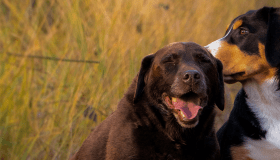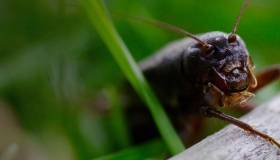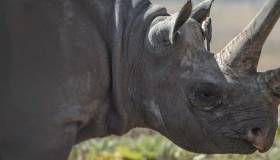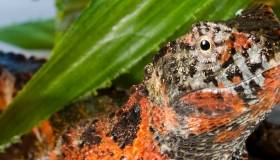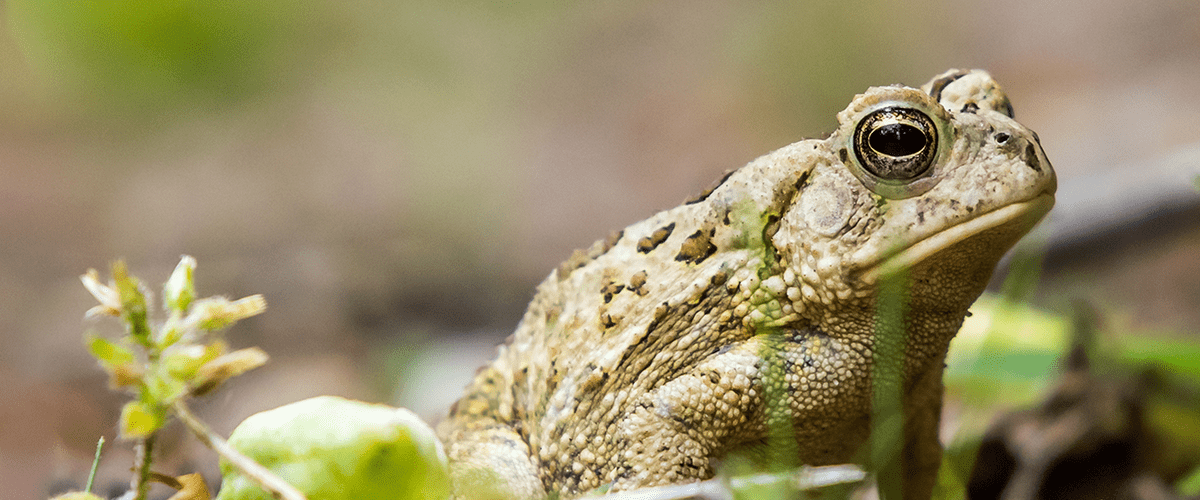
DENVER/June 8, 2022 – Morris Animal Foundation-funded researchers at Mississippi State University found that strict regulation of environmental factors for gamete storage and transport helped optimize sperm motility, an important factor in successful fertilization.
The work, completed in the toad species A. fowleri, could have broader implications for worldwide amphibian conservation. Study results were published in the journal Comparative Biochemistry and Physiology, Part A.
“The information gained from this study has the potential to be applied to reintroduction efforts for endangered species, such as the Wyoming toad (A. baxteri) and the Puerto Rican crested toad (Peltophyrne lemur),” said Dr. Carrie K. Vance, Associate Research Professor, Mississippi State University, and the study’s senior investigator.
The team optimized conditions that maintained the structural integrity of the mitochondrial vesicle, which is needed for sperm motility. Mitochondria supply the energy that powers the beating of the sperm tail (flagella) that is needed for sperm cell movement and fertilization. The group’s recommendations regarding temperature, time and solution concentration (osmolality) stabilize the association of the mitochondria with the sperm cell.
“As soon as you lose motility of the sperm, fertilization is compromised,” said Vance. “If we can maintain that functionality it gives us a better chance for successful fertilization of eggs.”
The team’s recommendations also are critical to the development of cryopreservation (freezing) methods for amphibian sperm for genetic management. Although cryopreservation allows long-term storage of sperm cells, the process of freezing and thawing severely compromises the structural integrity of the cells and their ability to maintain functionality. The success for cryopreservation can depend on the quality of the sperm prior to freezing.
“Our goal is to cryopreserve the sperm to maintain diverse genetic lines that can be used for genetic crossing,” said Vance.
The group’s findings could help inform best practices for long-term storage of valuable genetic lines needed to maintain genetic diversity in zoos and conservation collections.
About Morris Animal Foundation
Morris Animal Foundation’s mission is to bridge science and resources to advance the health of animals. Founded in 1948 and headquartered in Denver, it is one of the largest nonprofit animal health research organizations in the world, funding more than $142 million in critical studies across a broad range of species. Learn more at morrisanimalfoundation.org.

